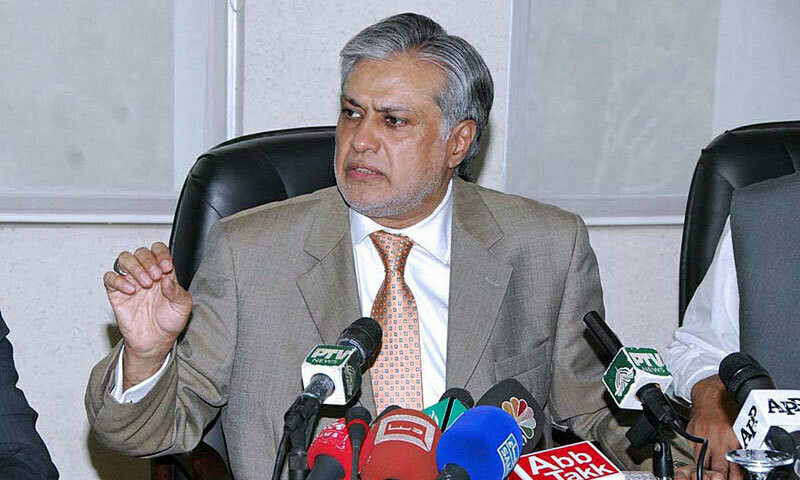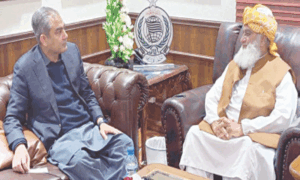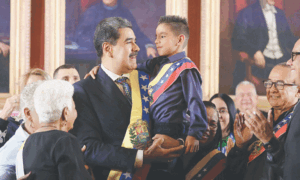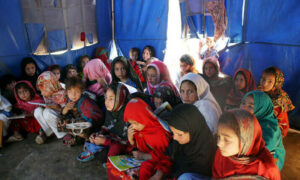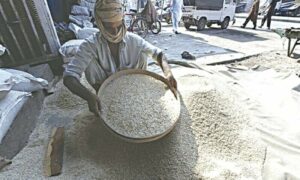KARACHI: Deputy Prime Minister and Foreign Minister Ishaq Dar has said that trade barriers are significant impediments to regional growth, as South Asia remains one of the least integrated regions in terms of trade, stressing that Pakistan needs to address both tariff and non-tariff trade barriers to unlock its export potential.
Despite housing 25 per cent of the world’s population, intra-regional trade in South Asia remains less than 5pc of total trade volume, he said while virtually addressing the South Asian Federation of Accountants (SAFA) Conference on “South Asia’s Economic Outlook — Challenges and Opportunities”, held at a local hotel here on Friday, organised by the Institute of Chartered Accountants of Pakistan (ICAP).
Mr Dar pointed to initiatives like preferential trade agreements and reforms in logistics and border management as steps to address trade barriers. He added that collaborative discussions could pave the way for a more unified and prosperous South Asia, and emphasised the importance of renewable energy and innovations in energy security for economic stability.
Discussing Pakistan’s energy crisis, the minister noted that while it has long been a challenge, it presents immense opportunity. He said Pakistan has one of the largest untapped renewable energy potentials in the world, with solar, wind, and hydropower contributing to the diversification of the country’s energy mix.
Says S. Asia’s intra-regional trade is below 5pc despite housing 25pc of the global population
He stressed that regional sharing of renewable energy innovations could help South Asia collectively reduce dependency on fossil fuels and move toward a greener, sustainable future.
Addressing the digital age’s challenges, Mr Dar noted that the export of accountancy services is a significant area of concern. He highlighted Pakistan’s immense talent in accountancy and initiatives like ICAP, digital assurance programmes, and the export of accountancy services, aligning with the country’s strengths.
“The challenges we face today are not confined to national borders. Whether it’s economic recovery, climate change, or technological disruptions, these are global phenomena that demand regional collaboration,” he said, emphasising the importance of trade agreements and alternative energy solutions in the SAFA Conference, as it focuses on South Asia’s trade outlook.
He said the government is focused on creating a favourable environment for promoting investment and exports, adding that Pakistan is undertaking reforms aimed at stabilising the economy and fostering sustainable growth.
Ashfaq Tola, newly appointed SAFA president for 2025, said South Asia, home to 1.92 billion people, accounts for only 5pc of world trade.
He pointed out that while Asean (Association of Southeast Asian Nations) has a smaller population, its share of world trade is 25pc.
He referred to the Indus Valley as the “breadbasket of the world” and said: “We will approach every finance minister in the region to develop a joint policy that benefits the common man.”
Published in Dawn, January 11th, 2025

